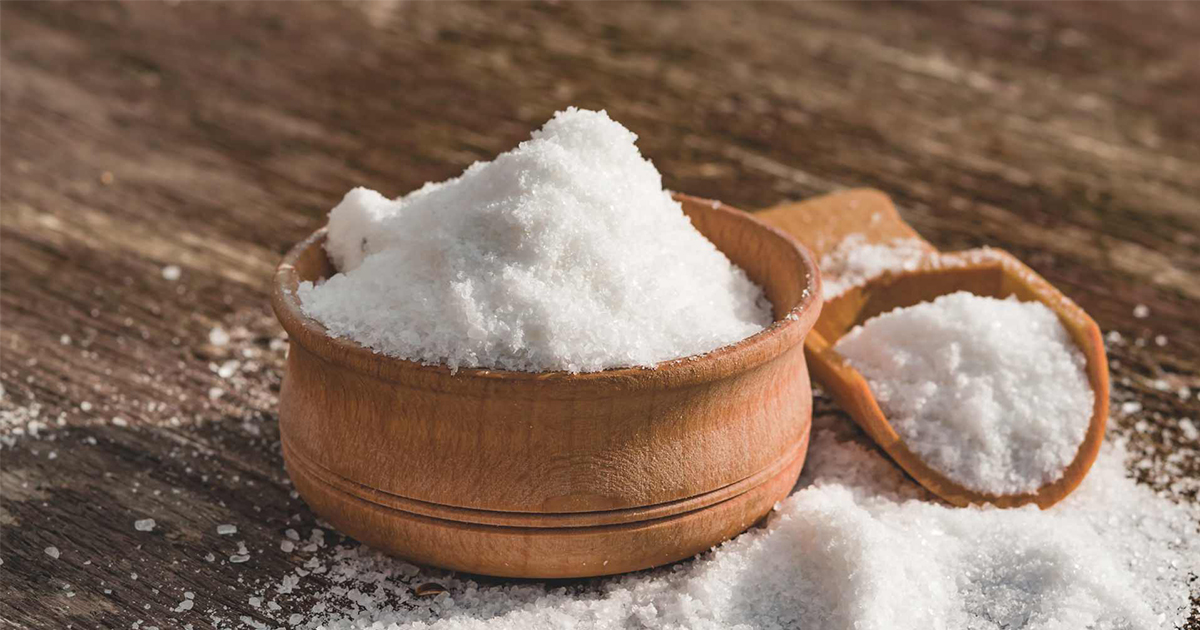The Role of Sodium in Chronic Kidney Problems: Balancing Intake for Better Health

Chronic kidney problems are conditions that require individuals to be mindful of their dietary choices, particularly when it comes to sodium intake. Sodium is a vital mineral that plays various roles in the body, but excessive consumption can pose risks, especially for those with low kidney function.
Recommended Sodium Intake for Chronic Kidney Problems:
According to a 2018 study and the National Kidney Foundation, the current recommended daily sodium intake for individuals with chronic kidney problems is around 2,000 milligrams (mg) per day. This recommendation is slightly lower than the general guideline of around 2,300 mg per day for healthy individuals.
It is important to note that the recommended sodium intake may vary depending on an individual’s specific circumstances. Therefore, it is crucial to consult a healthcare provider or a registered dietitian for personalized guidance.
Risks of Excess Sodium:
Consuming too much sodium can lead to various complications for individuals with chronic kidney problems. Some of the risks associated with high sodium intake include:
- Excessive sodium can cause elevated protein levels in the urine, which may indicate kidney damage.
- Sodium overload can interfere with antihypertensive medications, leading to high blood pressure levels and potentially worsening kidney function.
Signs of Excessive Sodium Intake:
- Excess sodium can cause fluid retention, leading to swelling in the ankles.
- High sodium levels can contribute to elevated blood pressure levels, which can further strain the kidneys.
- Sodium overload may result in overall puffiness or bloating.
- In some cases, excessive sodium intake can lead to difficulty breathing or shortness of breath.
- Individuals undergoing dialysis may experience discomfort if their sodium intake is not properly managed.
Managing Sodium Intake:
To effectively manage sodium intake, individuals with chronic kidney problems can consider the following strategies:
- Carefully read food labels to identify sodium content. Look for products labeled as “sodium-free” or “very low sodium” and opt for fresh, whole foods whenever possible.
- Work with a registered dietitian who specializes in kidney health to develop a personalized meal plan that limits sodium intake while ensuring adequate nutrition.
- Instead of relying on salt for flavoring, experiment with herbs and spices to enhance the taste of meals. Popular options include sage, thyme, basil, dill, rosemary, cardamom, curry, and many others.
- Processed foods often contain high amounts of sodium. Minimize consumption of pre-packaged snacks, chips, fast food, canned goods, and poultry brines.
- Some drinks, like sports drinks, may also contain sodium. Check labels carefully and be mindful of hidden sodium. Monitor overall sodium intake accordingly.
Managing sodium intake is a crucial aspect of maintaining kidney health. Following the recommended sodium intake guidelines, working with healthcare professionals, and making informed dietary choices can help minimize the risks associated with excessive sodium consumption. By taking proactive steps to reduce sodium intake, individuals with chronic kidney problems can support their overall well-being and enhance their quality of life.
- * All research and clinical data should be used as reference purposes only, results may vary.




